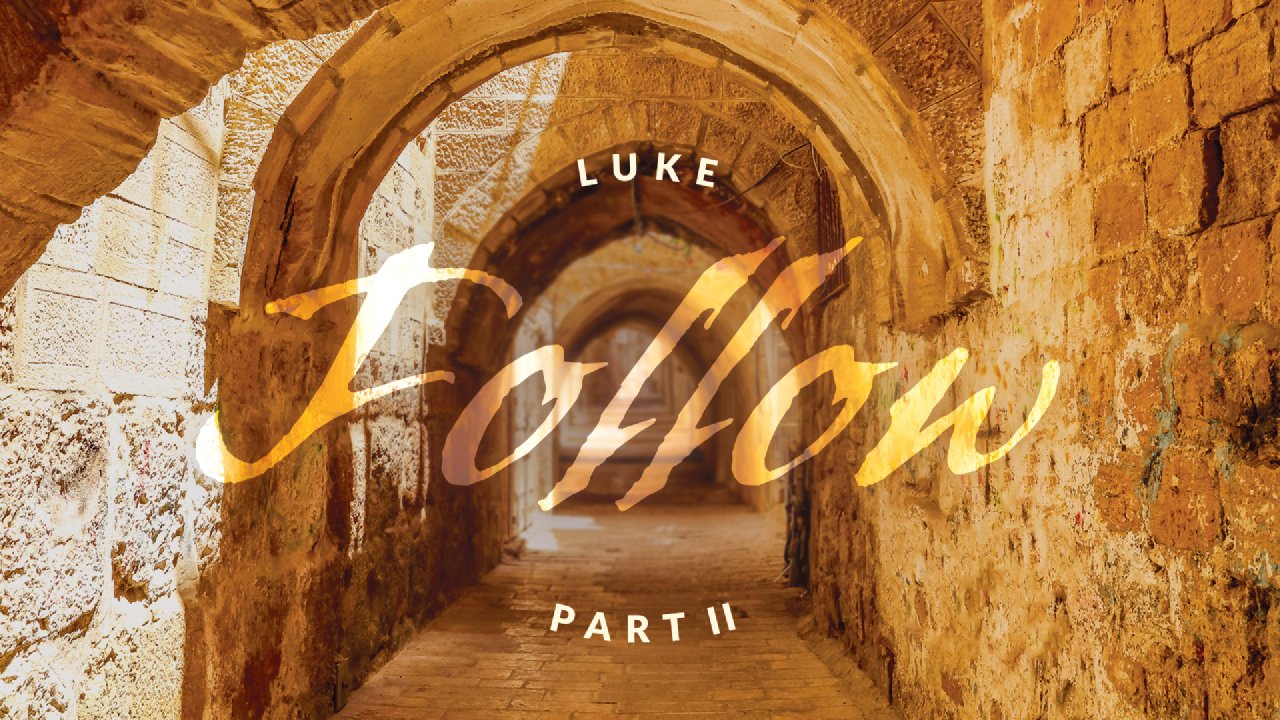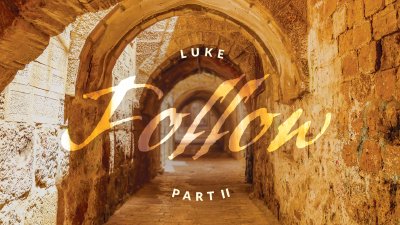Discussion Questions
1. Share a moment when you did not believe the eventual would become the actual and you were “found out” by the future.
2. Which of the stories in this passage did you connect with most? (Rich man and barns, Good Servant, Unfaithful Servant, Fig Tree)
3. In the 4 Keys to discerning real followers, which was most convicting to you?
4. How would you answer the question, “What is the best news you could get today?” Be honest.
5. In general, do you think of God’s return as a burdensome event, or as a joyous reunion?
6. Of the truths in this passage about real followers of Jesus, which is most significant to you and why?
7. As you think about the faithful servant, what would look different about your life if you were expectantly waiting on Jesus return, but didn’t know when he was coming back?
Explore
· Read chapter 11 and especially the portion at the end concerning the Pharisees. Think about the three main groups that Jesus addresses, Pharisees, crowd, disciples. How does his address to each have a different tone?
· How do we understand that Luke 12:1-Luke 13:9 is a literary unit of Luke?
· Read John 15, who do you think each character in the parable of the fig tree (in Luke 13) represents?
· Should we be overly concerned about the more severe punishments and the less severe punishments in the second story about the servants? Is this a main point of the story? Is there ever a time when being punished by God is not a big deal?
· Think about the Pharisees declaring that Jesus works were from the devil (in Luke 11 or the parallel Mark 3) and Peter denying Christ, and Jesus saying that anyone who says a word against the Son of man can be forgiven, but anyone who blasphemes the Holy Spirit cannot be forgiven. What’s going on there?

FUTURE SHAPED: LIVING WITH ETERNITY IN VIEW
March 22, 2020 • Clark Halstead
More from
Luke II: Follow




